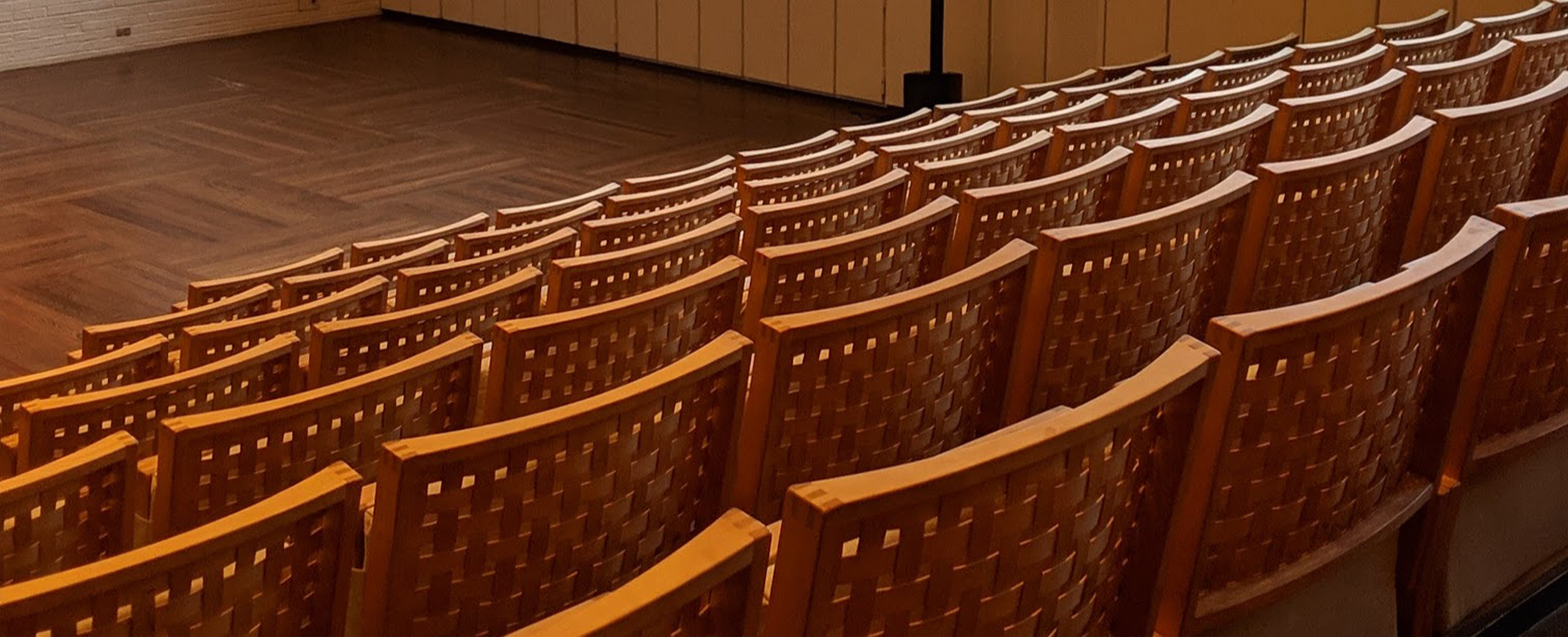Using technology, demonstrative boards and illustrations is essential to present cases before today’s jury; boredom is fatal. Keeping the jury’s attention demands all the skills and resources learned in acting.
“Son, if you want to be a trial lawyer, you never give up acting.” Those were the words of advice given to me by legendary Alabama trial lawyer, Frank Burge when I successfully interviewed for my first job right out of law school. His stern tone stopped my crawfishing away from my resume which reflected a career as a professional actor with work on the Young and the Restless and Santa Barbara as well as a master’s degree in Performing Arts from U.S.C. My concerns the acting background would be seen as a blemish and not as an asset faded to black and I have since taken that advice to heart in the decades of successful trial work that have followed.
In acting, proper preparation is the key to a stellar performance. For every minute on the stage and screen, there are hours on script and character study, rehearsals, sets and costuming. As a student actor, that meant rehearsals till midnight and still getting up for the early morning classes. As a professional actor on soap operas, preparation meant working twelve hours a day on the set before being handed a script to prepare all evening for the next day’s multiple episode shoot. Being unprepared as an actor was a cardinal sin, particularly in soap operas. A retake due to an actor not making their mark or blowing a line costs significant crew time. Too many mistakes and the writers will soon be planning the early demise of your character. Precision matters. I still remember being chastised by a director on the set of Santa Barbara for missing my mark in a camera shot by twelve inches. Though my role in the shot was minor, the scene had to be taken again from the top with everyone having to double the work because of my mistake. In short, to be a professional meant being prepared.
As a trial lawyer, the “over prepare” to perfection approach has significant benefits. Opening arguments and closing arguments are rehearsed and often videotaped and reviewed. Just like a film, the case is shown to focus groups and sent back for re-edits to generate the maximum impact in the minimum time. Directors, just like lawyers, often find that the material they think is impactful and powerful has less impact and power when shown to the audience. Scenes which have been previously overlooked, are brought into greater prominence. Nothing made it to final production until it had been tested first. This audience centric approach works equally well in trial preparation. As lawyers we are taught to think critically and at least in our own perception, intellectually. This has its benefits in breaking down a case or writing a brief, but it often stands in the way of communication to an audience of less critical individuals. As a result, what we as lawyers think works with an audience, often does not. What we believe to be a brilliant argument, generates a puzzled, distracted look on the faces of our jurors. Testing these arguments in focus groups teaches us humility and gets us closer to the core of the emotional decision making which is far more convincing than the “brilliant” arguments we conjure up at our desks.
A good actor thrives on and triggers imagination. In the actor, the voice and the body of the actor molded by imagination into the voice and the body of the character portrayed. This in turn triggers the imagination of the audience who perceives the actor as the character. One staple of acting training is improvisation drills where there is no script and dialogue and action is dictated by the scene. Being able to fully commit to the imagined reality of the scene is critical to good improvisation. When it works, it is difficult to distinguish from scripted drama. In acting there is a constantly used phrase of “being in the moment.” Simply put, in the moment is when there is no distinguishable difference between the imagination and reality. As a result of this repeated practice and training, I tend to think not in logical progressions of factual details, but in visions and scenes. Much like a movie unfolds, my cases are imagined and envisioned by a progression of places with dialogue and action. With this approach, client and witness interviews drill down where these scenes occur, who is speaking and what is said putting the audience right there. When you think of cases in terms of a progression of scenes, you are telling your client’s story more than presenting evidence. When the witnesses are emotionally committed to the scenes as they are told, the jury pays attention. When the jury sees that story unfold, they are much more likely to invest themselves in writing a just ending to the story when it comes to filling out the verdict form.

Actors spend hours with vocal coaches and dance teachers developing their tools of the acting trade focusing on the body and the voice as communication essentials. For decades I have mentored law students and lawyers on the importance of the voice and body language in effective persuasion. You can be delivering the best written and most persuasive argument, but if your voice and your body are not telling the same story, you are losing. A decade ago, while watching the Presidential debates, the polling front-runner was making the better reasoned arguments. But when I looked at the candidate’s body language, the hands were folded just below the waist conveying uncertainty and discomfort. The opponent’s hands were fluid, working in harmony with the points being made and the cadence and emphasis of the voice was supporting the arguments. If you simply read the words on the paper, the front runner made the better arguments, but in performance they were the clear loser because the body and the voice were not on board. The better performer went on to become the front runner and won the presidency. Trial lawyers must force themselves into critical analysis of what their bodies and voices are saying. Videotaping yourself will reveal the “umm” and “uhh” delays and the weak parallel hand gestures, defensive postures, and distracting shuffling that is defeating your persuasion.
When I left acting to pursue the law, the attention span of the audience was about the length of a sit-com, or thirty minutes. With the advent of social media, google searches, and instant messaging it is generously calculated at three minutes. Keeping it interesting is a challenge. I still remember the first lead I ever got in a play back in high school. Full of adolescence and nerves, I was struggling in my acting and it showed. I noticed the director kept adding props for me to use on stage and increasing the onstage activity. Finally, I asked why I was so busy with all the things in my hands and he bluntly replied: “If you cannot act, we are going to hide it behind the props.” While my acting improved, the point was well made. Using technology, demonstrative boards and illustrations is essential to present cases before today’s jury; boredom is fatal. Keeping the jury’s attention demands all the skills and resources learned in acting.


Join the conversation!